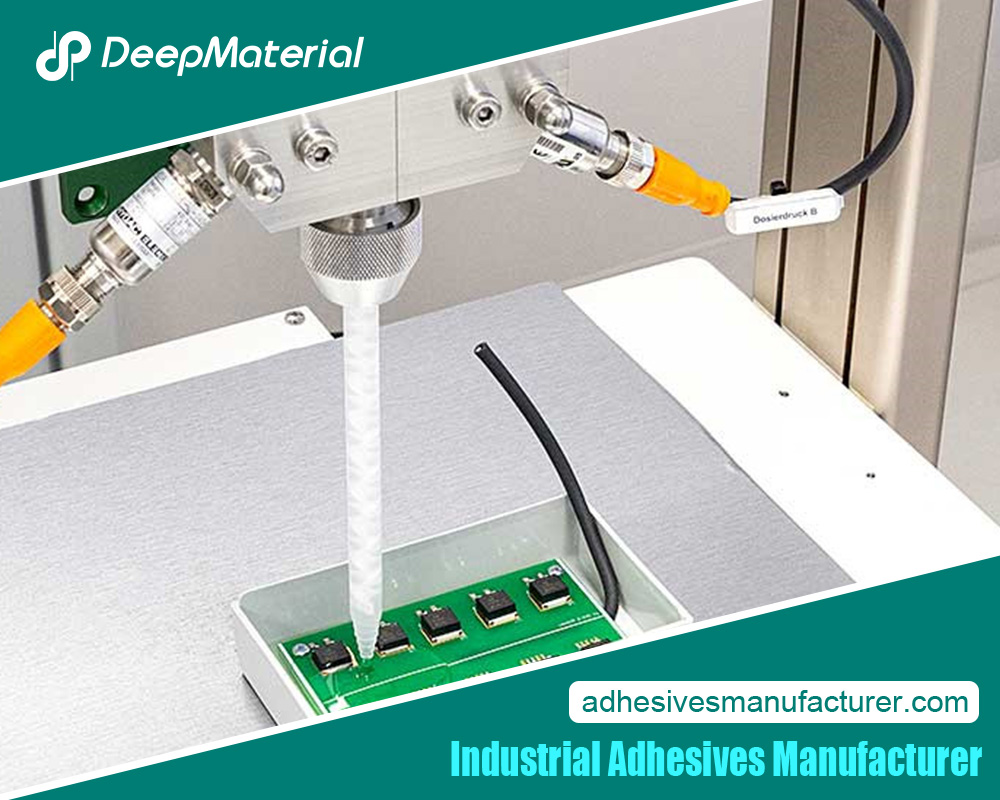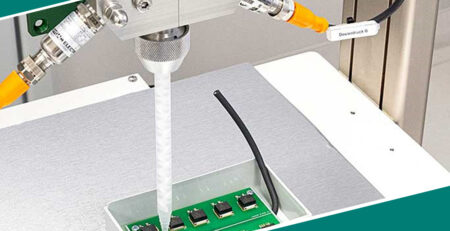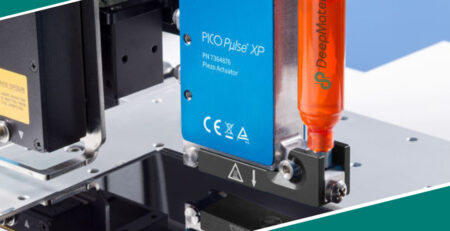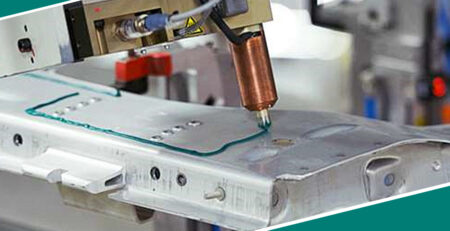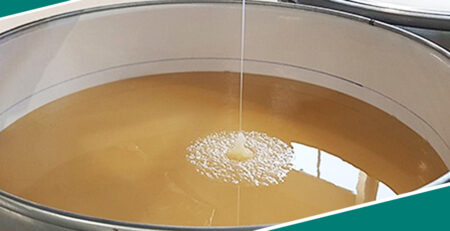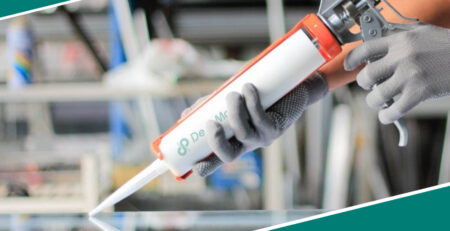Industrial Sealant Manufacturers: An In-Depth Exploration
Industrial Sealant Manufacturers: An In-Depth Exploration
Industrial sealants play a crucial role in various sectors by ensuring the integrity and durability of structures and machinery. As an essential component in construction, manufacturing, and maintenance, the demand for high-quality sealants is ever-increasing. This article delves into the world of industrial sealant manufacturers, exploring their roles, the types of sealants they produce, and the factors influencing their production. By understanding these elements, businesses can make informed decisions about their sealant needs and select the proper application solutions.
Types of Industrial Sealants
Industrial sealant manufacturers provide a broad spectrum of products, each tailored to meet specific application needs and performance requirements. Understanding the different types of industrial sealants can help you select the right product for various tasks. Here’s an overview of the primary types of sealants offered by industrial sealant manufacturers:
- Silicone Sealants: These are renowned for their exceptional flexibility and resistance to extreme temperatures, making them highly versatile in construction and automotive applications. Silicone sealants form strong bonds with glass, metal, and plastic surfaces, offering durability and weather resistance. Their ability to remain elastic and maintain a seal under varying conditions makes them ideal for applications where movement and temperature fluctuations are typical.
- Polyurethane Sealants:Known for their robustness, they are highly valued for their durability, impact resistance, and ability to withstand abrasion. These sealants are particularly effective in building and construction projects where surfaces experience significant movement or heavy wear. Their flexibility and adhesion properties help maintain effective seals in dynamic environments, making them suitable for joints in concrete or structural elements exposed to frequent stress.
- Acrylic Sealants: Acrylic sealants are famous for their ease of use and paintability. They are primarily used for indoor applications where aesthetics are essential, such as filling gaps and joints in wood, masonry, and drywall. Acrylic sealants are easy to apply, smooth out, and paint over, making them a convenient choice for interior sealing projects where a seamless finish is desired.
- Butyl Sealants: Characterized by their strong adhesion to various substrates and superior moisture resistance, they are often used in roofing and automotive industries. Their excellent moisture resistance makes them ideal for applications where exposure to rain and humidity is a concern. Butyl sealants are typically used for sealing joints and seams in roofing systems and automotive components, where a reliable seal is crucial.
- Epoxy Sealants: Epoxy sealants are the go-to choice for environments that demand high strength and chemical resistance. These sealants offer exceptional durability and can withstand harsh chemicals, making them suitable for industrial settings where heavy-duty performance is essential. Epoxy sealants are often used in manufacturing, construction, and maintenance applications requiring a robust and long-lasting bond.
 Critical Considerations for Choosing Sealants
Critical Considerations for Choosing Sealants
When selecting a sealant, industrial sealant manufacturers emphasize the importance of several key considerations to ensure optimal performance and longevity. These factors include:
- Application Environment: The conditions in which the sealant will be used play a crucial role in its effectiveness. Factors such as temperature fluctuations, exposure to chemicals, and moisture levels must be considered. For instance, a sealant used in extreme temperatures or harsh chemical environments must be designed to withstand these conditions without degrading.
- Substrate Compatibility: Different sealants are formulated to adhere best to specific materials. Ensuring that the sealant is compatible with the sealed substrates is essential for achieving a robust and durable bond. For example, silicone sealants are ideal for glass and metal, while acrylic sealants work well with wood and masonry.
- Movement Tolerance: In applications where surfaces are subject to movement, expansion, or contraction, it is essential to select a sealant with high flexibility and elongation properties. This type of sealant can accommodate changes in joint dimensions without losing its sealing ability or causing gaps.
- Cure Time:The curing time of a sealant affects project schedules and overall efficiency. Fast-curing sealants are advantageous for projects that require quick completion, as they reduce downtime and expedite the workflow. Conversely, some applications may allow longer curing times if the project is not time-sensitive.
Manufacturing Processes
The production of industrial sealants involves a meticulous series of processes to ensure that the final product meets industry standards for performance and reliability. Industrial sealant manufacturers follow several critical stages in the manufacturing process:
- Raw Material Selection: The foundation of a high-quality sealant lies in selecting raw materials, including polymers, additives, and fillers. The properties of the sealant, such as its durability and effectiveness, depend on the quality of these materials. Choosing high-grade raw materials is crucial for achieving the desired performance characteristics.
- Formulation:During the formulation stage, manufacturers blend various components to achieve specific attributes like flexibility, adhesion, and resistance to environmental factors. This process requires precise control over the proportions of each ingredient to ensure the sealant meets its intended use.
- Mixing and Processing: The sealant formulation is mixed and processed using specialized equipment to ensure a uniform consistency. This stage may involve heating, cooling, and homogenizing the mixture to achieve the correct texture and properties. Proper mixing is essential for the sealant’s performance and application.
- Quality Control:Rigorous quality control is implemented to verify that the sealant meets stringent industry standards. Testing includes evaluating key characteristics such as adhesion strength, flexibility, and resistance to environmental conditions. Quality control ensures that the sealant performs reliably under its intended conditions.
- Packaging: After passing quality control, the sealant is packaged in suitable containers designed to maintain its stability and ease of application. Adequate packaging is essential for preserving the product’s shelf life and usability, and it often includes considerations for protection from environmental factors during storage and transportation.
Challenges Faced by Sealant Manufacturers
Industrial sealant manufacturers encounter several challenges in their operations:
Regulatory Compliance: Adhering to environmental and safety regulations is crucial. Manufacturers must ensure their products meet standards set by regulatory bodies, which can vary by region.
- Sustainability: There is a growing demand for eco-friendly sealants with reduced environmental impact, and manufacturers are increasingly focused on developing sustainable products and processes.
- Innovation: Maintaining technological advancements and evolving industry needs requires ongoing research and development. Manufacturers must invest in innovation to stay competitive and meet market demands.
- Supply Chain Management: Managing the supply chain for raw materials and production components can be complex. Manufacturers must address challenges related to sourcing, logistics, and cost fluctuations.
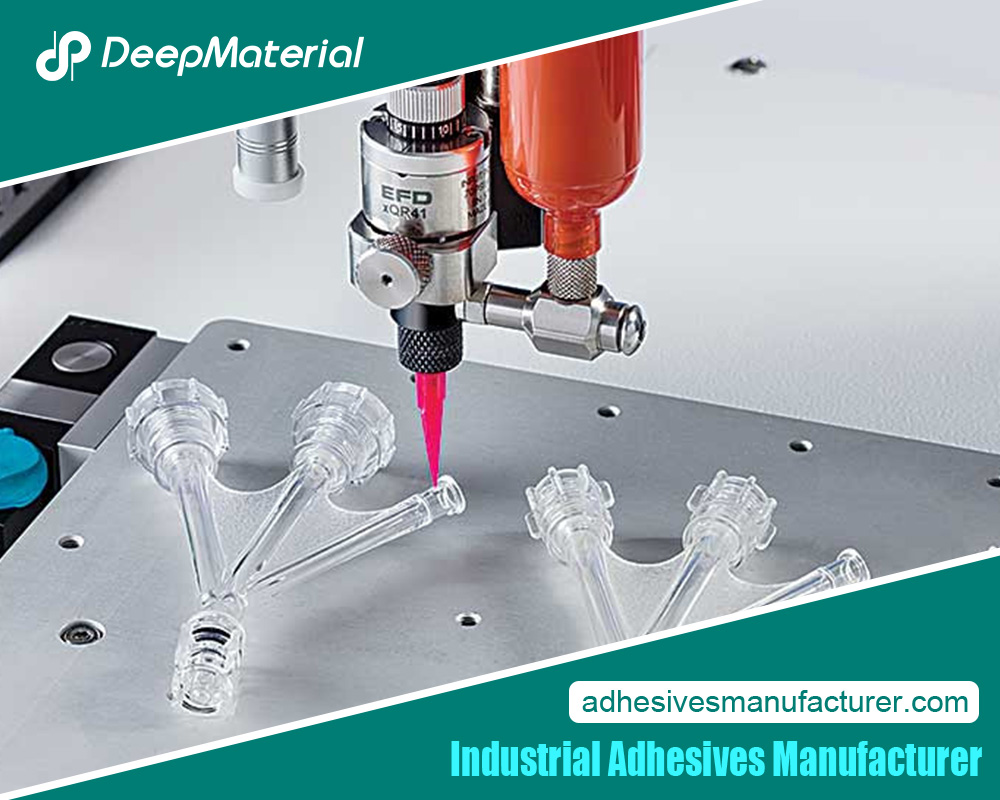 Conclusion
Conclusion
Industrial sealant manufacturers play a pivotal role in ensuring the functionality and longevity of various applications across multiple sectors. By understanding the types of sealants available, the factors influencing their selection, and the manufacturing processes involved, businesses can make informed choices that align with their needs. As the industry continues to evolve, addressing challenges such as regulatory compliance, sustainability, and innovation will be crucial for manufacturers to remain competitive and meet the market’s growing demands.
For more about a complete guide to the industrial sealant manufacturers: an in-depth exploration, you can pay a visit to Deepmaterial at https://www.adhesivesmanufacturer.com/ for more info.

